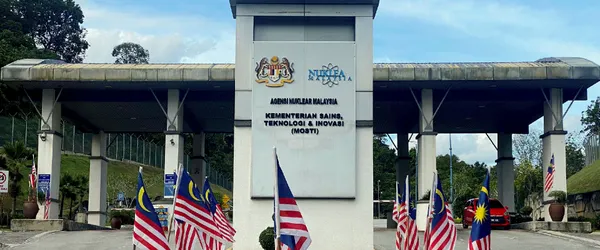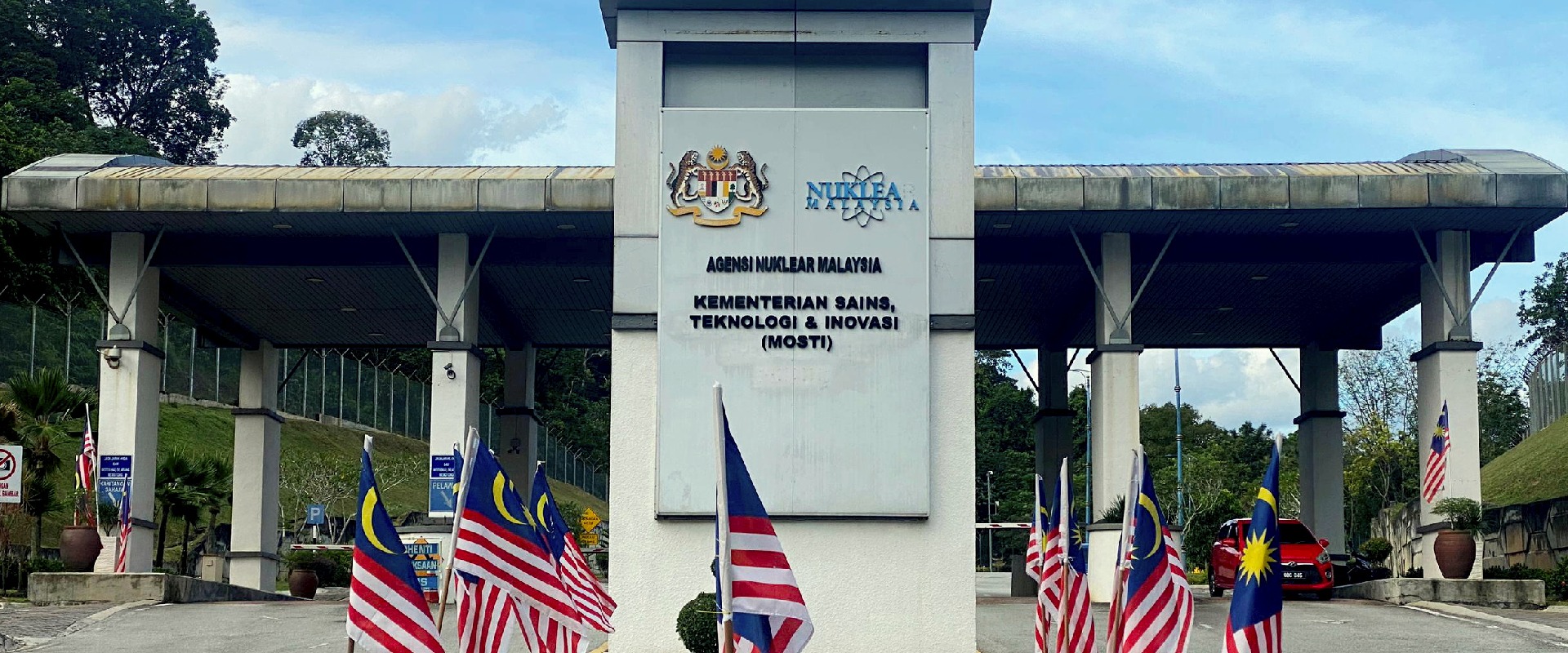PUTRAJAYA, Aug 16 — Malaysia’s commitment to the peaceful development of nuclear technology continues to be reinforced through the National Nuclear Technology Policy 2030 and the Science, Technology and Innovation Ministry’s (Mosti) efforts to ensure the technology is developed safely, responsibly and for the benefit of the people.
In a statement today, the Malaysian Nuclear Agency (Nuklear Malaysia) said the commitment is reflected in the implementation of the Comprehensive Nuclear Test Ban Treaty (CTBT), which Malaysia signed on July 23, 1998, and ratified on January 17, 2008.
“Since then, Nuklear Malaysia, as national authority for the CTBT, has operated two main facilities under the framework of the CTBT Organisation (CTBTO), namely the Radionuclide Monitoring Station RN42 in Cameron Highlands and the CTBT National Data Centre (MY-NDC) in Bangi.
“These facilities play a role in detecting radionuclides from global nuclear explosions, while also providing seismic, infrasound and hydroacoustic data for scientific purposes, in addition to supporting the National Tsunami Early Warning System,” it said.
Nuklear Malaysia said the country’s active involvement in the CTBT has also been recognised by the CTBTO Preparatory Commission, as reflected in the official visit of CTBTO executive secretary Dr Robert Floyd to Malaysia from Wednesday to August 18.
During the visit, Floyd toured RN42 and MY-NDC and held discussions with MOSTI’s top management on strengthening CTBT technological capacity in Malaysia.
He also met officials from the Foreign Ministry to discuss the role of the CTBT in line with Malaysia’s position on nuclear disarmament, as well as regional and global peace.
In conjunction with the visit, Nuklear Malaysia organised the National CTBT Colloquium to provide exposure to stakeholders, research institutions and universities on the benefits of CTBT data to security, scientific research and community well-being.


